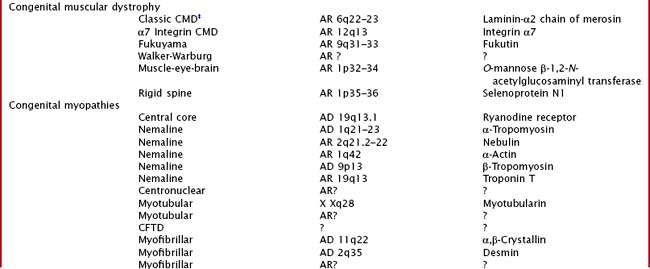

simply because they have been isolated from the surrounding genetic material," he said. "We merely hold that genes and the information they encode are not patent eligible. He even held out hope for inventors who alter the order of naturally occurring DNA sequences. Nor does it concern novel ways of applying genes for treatments. It doesn't concern method patents covering novel new ways to isolate genes.

Thomas was careful to state what the decision is not about. Would that allow for a successful end-run around the patent? "What if you took that same cDNA sequence and added non-functional introns?" asked Dalila Argaez Wendlandt, a partner with Ropes & Gray.

#PATHOLOGY VS MYRIAD GENETICS CODE#
The DNA/cDNA distinction also could provide grist for future litigation, since cDNA is a gene sequence consisting only of exons, or nucleotides that code for amino acids. "There's nothing more inventive about making cDNA than isolating DNA." "It's not actually correct to say cDNA is not a product of nature," she said. Not only do researchers make cDNA with naturally occurring tools, but the exact same process can occur naturally in the body. Jarrell, who has a doctorate in biochemistry from the University of California in addition to a Harvard Law degree, said Thomas is wrong. "That may be so," Thomas wrote, "but the lab technician unquestionably creates something new when cDNA is made." The court said that makes cDNA "not naturally occurring."Ĭritics say even the edited sequences are directly analogous to naturally occurring DNA. The synthetic DNA is an edited version of a gene, stripped of non-coding regions. The reasoning is cDNA requires actual work in the laboratory and inverts the normal process found in nature. The high court agreed with the Federal Circuit that cDNA is patentable, which was also the stance of the U.S. The Federal Circuit is a specialized court for patent appeals, but the Supreme Court has overruled it in several significant cases recently where it felt judges there had been too accomodating to patent owners. Thomas rejected that argument, saying it wasn't enough to overcome the rule against patents on naturally occurring things. Court of Appeals for the Federal Circuit approved approved Myriad's "natural" BRCA genes, with one judge saying they were patentable because the act of isolating them cleaved chemical bonds linking them to the rest of the chromosome. He also rejected the idea that by isolating the gene and separating it from the surrounding chromosome, Myriad had created something new. "Groundbreaking, innovative, or even brilliant discovery," doesn't satisfy the requirement that inventors invent something, he said. "The location and order of the nucleotides existed in nature before Myriad found them," he wrote. The decision comes down to what one commentator has said should be the guiding question for patent examiners: "What did you do with your hands?" In identifying specific gene sequences, Myriad didn't actually create anything, Thomas said. That could grant the company an effective monopoly over BRCA genes even if they contained significant mutations of interest to researchers, he said. The patent covers any genes that contain strands as small as 15 nucleotides long identified as belonging to the BRCA gene. Thomas, in his opinion, seized upon the fact that Myriad's patents covered sequences of proteins exactly analogous to ones found in nature. (Actress Angelina Jolie recently revealed she had her breasts removed after testing positive for the genes.) Myriad argued the patents were justified in light of the years of work its researchers put into identifying the genes, each containing a few thousand nucleotides, on chromosomes containing tens of millions of nucleotides each.

The case involved BRCA genes that Myriad identified and isolated in order to make a test to identify women at risk for breast cancer. "Most of those claims are old, and many of these patents have expired," he said. The Patent Office has been less inclined to issue gene patents in recent years, especially since researchers have sequenced the entire human genome. But that threat may be overstated, said attorney William Gaede with McDermott Will & Emery. Patent and Trademark Office in favor of gene patents and could endanger thousands of such patents already granted. The decision overturns years of policy at the U.S.


 0 kommentar(er)
0 kommentar(er)
